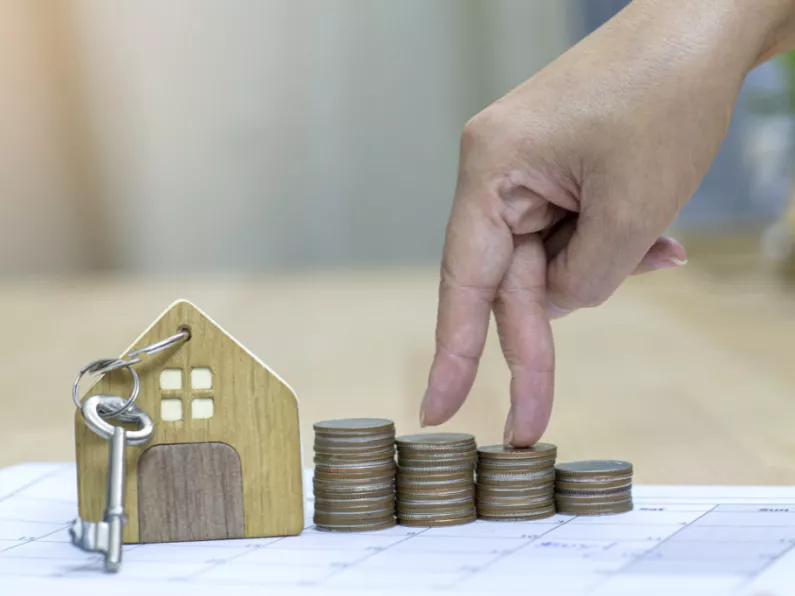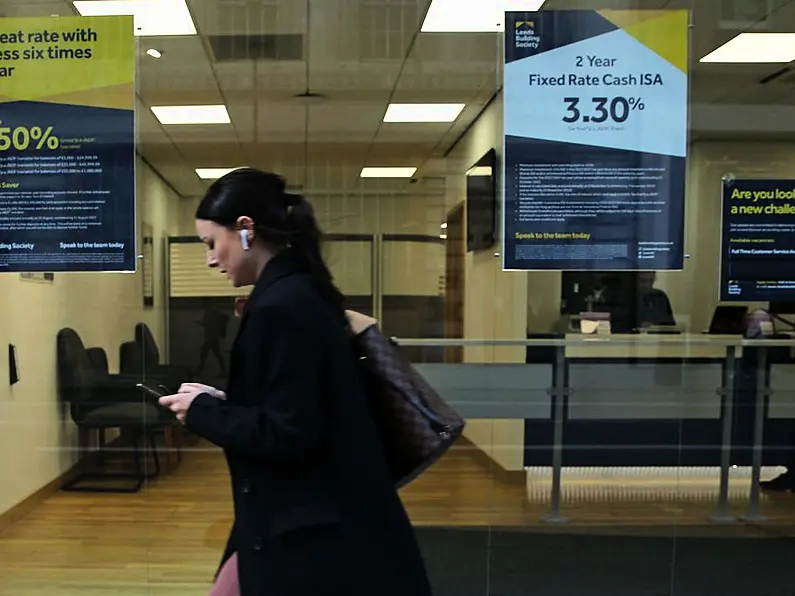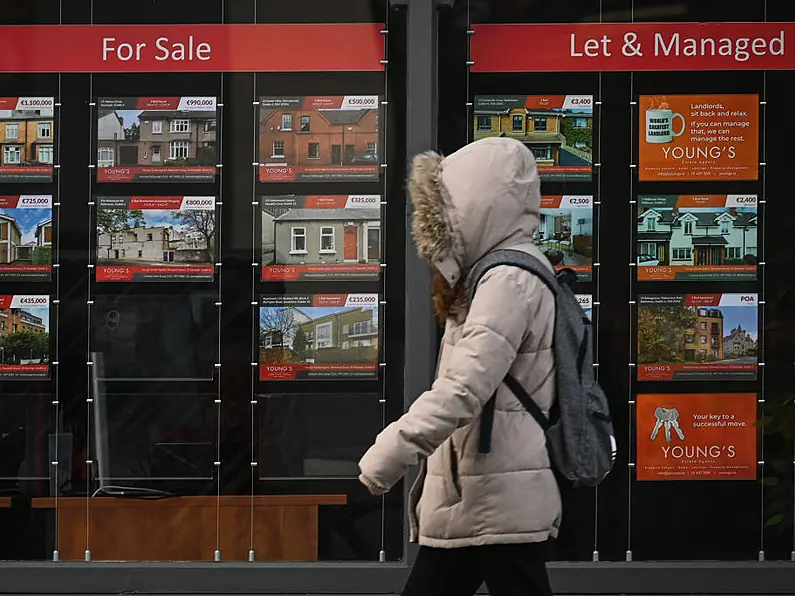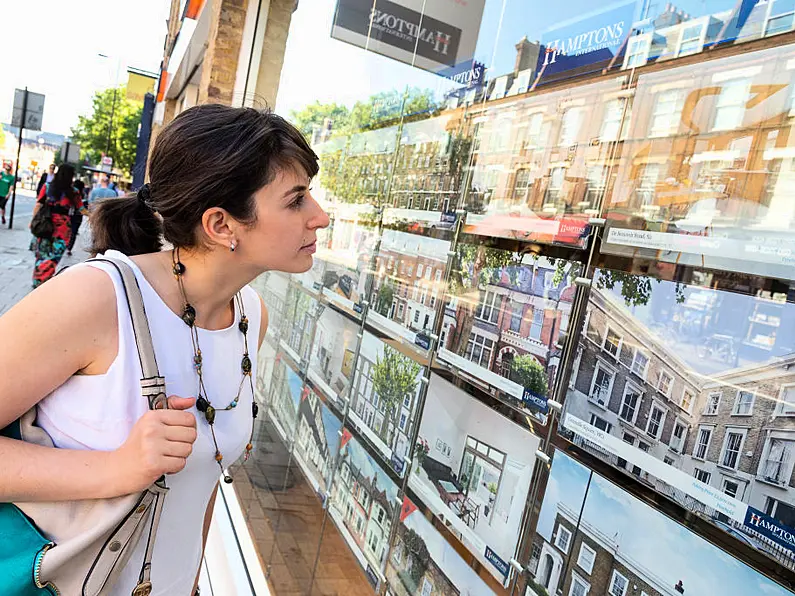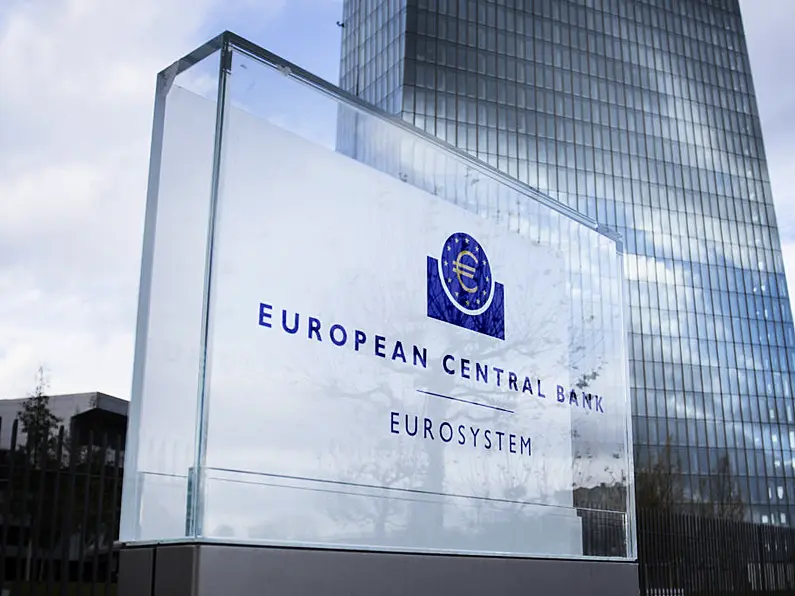Buying your first home can be one of the most daunting experiences of your life, particularly when it comes to the financial commitment involved.
Fortunately, there are a number of supports in place to help you on your journey in getting the keys to your first place.
In association with Switcheroo, we have outlined some of the grants available to you as a first-time buyer in Ireland…
- Help to Buy Scheme
The Help to Buy (HTB) scheme is an incentive for first-time property purchasers. It will help you with the deposit you need to purchase or self-build a new house or apartment. You must purchase or self-build the property to live in as your home.
The scheme allows first-time buyers to avail of up to 10% of the property’s worth or €30,000, whichever is less, when purchasing or self-building a new home or apartment. The rebate is only available on properties valued at €500,000 or less and with a loan to value of above 70%.
This means that if you purchase a property for €300,000, you can claim the maximum rebate of €30,000 but if you buy a house for €400,000, the relief is still capped at €30,000.
Any first-time buyer of a newly built home can apply for a tax refund under the Help-to-Buy incentive. However, to qualify as a first-time buyer under the scheme, you must not have previously purchased or built a home yourself or with any other person. This includes either in Ireland or outside of Ireland. If you’re a joint buyer, and one applicant is a first-time buyer and the other applicant is not, you can’t apply for the grant.
They have also extended the scheme to allow people who fall under The Fresh Start principle to apply. This means that people who are divorced or separated and have no interest in the family home, or who have undergone personal insolvency or bankruptcy arrangement or proceedings or other legal process, will be eligible to apply.
Only newly built homes and self-builds are included in the scheme. Conversions and restorations of old or derelict homes do not qualify, but the conversion of a non-domestic building for residential use may qualify.
You must also use the property as your principal private residence for a period of five years after availing of the Scheme. If you don’t comply with this rule, Revenue reserves the right to claw back the refund.
You can apply for the Help to Buy Scheme at www.revenue.ie
Example: First-time buyers Anne and Barry are hoping to buy a new home priced at €310,000. With the Help to Buy Scheme, they can get a maximum of €30,000 towards their deposit, meaning the remaining amount needed for their 10% deposit is €1,000. This means the mortgage needed to purchase the home would be €279,000 (less the Help to Buy deposit).
- First Home Scheme
The First Home Scheme (FHS) is an affordable housing scheme, which supports you to buy a new home or to build your first home.
It is a shared equity scheme. This means that the government and participating banks pay up to 30% of the cost of your new home in return for a stake in the home. If you want, you can buy back the stake at any time, but you don’t have to. The stake will be recouped either when you sell your home, if you switch mortgage to a non-participating lender, when it is no longer your ‘principle primary residence’ or when you die.
The First Home Scheme will finance up to 30% of your new property. This will reduce to 20% for those who are also participating in the Help to Buy (HTB) scheme.
The scheme is currently open to those buying newly-built houses and apartments in private developments, to self-builders who are building their first home and to renters whose landlord is seeking to sell the property they are renting. There are county price caps, and the cost of your home must be within the price limit of the area.
The scheme is available to qualifying homebuyers and self-build customers who are taking out mortgages from AIB, including its EBS and Haven Mortgages businesses, Bank of Ireland or Permanent TSB.
Houses with prices of up to €475,000 and apartments with prices of up to €500,000 are currently eligible for the scheme, depending on their location.
Example: Anne and Barry have a household income of €60,000 and are hoping to purchase a new build priced at €350,000. The maximum mortgage they are entitled to is €240,000. Along with a their deposit of €35,000, this still leaves a financial gap of €75,000, which the First Home Scheme can bridge. The 10% deposit can come from a combination of savings and the Help to Buy. In this instance the Government/County council owns 21% (75k/350k) of your home. If you sell your house at a later stage (and had not repaid the equity) then they would be entitled to 21% of the sale's proceeds. This is the same if the price goes up or down.
- Vacant Property Refurbishment Grant
The Vacant Property Refurbishment Grant is a payment you can get if you are turning a vacant house or building into your permanent home or a rental property. A grant of up to €50,000 is available.
If the refurbishment costs exceed the standard grant of up to €50,000, a top-up grant amount of up to €20,000 is available.
To qualify for the grant, you must:
- have proof of ownership or evidence of active negotiations to buy the property (that is, confirmation of engagement from the estate agent or owner of the property) where you are seeking approval in principle for a grant
- live in the property as your principal private residence or make it available for rent
- have proof that the property has been vacant for at least 2 years and that it was built up to and including 2007
Other evidence and documentation you need to provide include:
- a quotation(s) in respect of the works proposed
- an independent report confirming the property is structurally unsound and dangerous (if seeking top up grant for works to a derelict property) or confirmation that it is on the Derelict Sites Register, where applicable
- any other supporting documentation that your local authority may request to support your application
If the refurbishment costs exceed the standard grant of up to €50,000, a top-up grant amount of up to €20,000 is available. To get this top-up grant, you must confirm that the property is derelict. This means that the property is structurally unsound and dangerous. The total grant available for a derelict property is therefore €70,000. You must submit an independent report prepared by a qualified professional, along with the application confirming that the property is derelict.
Applications are made via your local authority.
- Local Authority Home Loan
A Local Authority Home Loan is a Government backed mortgage for first-time buyers and Fresh Start applicants, now available nationwide from your local authority.
It can be used to purchase a new or second-hand property or for self-build. A Local Authority Home Loan provides up to 90% of the market value of the property. The maximum loan amount is determined by where the property is located.
The Fresh Start principle means that people who are divorced or separated and have no interest in the family home, or who have undergone personal insolvency or bankruptcy arrangement or proceedings or other legal process, will be eligible to apply. The Fresh Start means that applicants who are divorced, legally separated/separated or the relationship has ended and have no financial interest in the family home are eligible to apply under this scheme. In addition, applicants who have undergone personal insolvency/bankruptcy proceedings will also be eligible to apply for the Local Authority Home Loans Scheme.
The Local Authority Home Loan is available nationwide from all local authorities. The loan is a normal Capital and Interest-bearing mortgage which is repaid by direct debit on a monthly basis.
You can borrow up to 90% of the market value of the property.
Maximum market values of the property that can be purchased or self-built are:
- €360,000 in Dublin, Kildare or Wicklow, or
- €330,000 in Cork, Galway, Louth or Meath, or
- €300,000 in Clare, Kilkenny, Limerick, Waterford, Westmeath or Wexford, or
- €275,000 in Carlow, Cavan, Donegal, Kerry, Laois, Leitrim, Longford, Mayo, Monaghan, Offaly, Roscommon, Sligo or Tipperary.
- Mortgage Allowance Scheme
The Mortgage Allowance Scheme was introduced to assist householders who are tenants or tenant purchasers of local authority houses to become owner-occupiers of other dwellings.
An allowance of up to €11,450 is payable directly to the lending agency over a 5-year period and your repayments are reduced accordingly for the first 5 years of the mortgage. Your mortgage may be from a commercial lending agency or from a local authority.
You may be eligible if you are:
- a local authority tenant or a tenant purchaser and you want to buy a private house and return your present house to the local authority. However, if you are buying a house under the Shared Ownership Scheme, you are not eligible for the Mortgage Allowance Scheme
- a housing association tenant for more than 1 year in housing provided under the Rental Subsidy Scheme, and you are giving up your tenancy and taking out a mortgage to buy or build a private house
The house must be suitable for your needs, meet certain minimum standards and be acceptable to the local authority. The amount of the mortgage must be at least €38,092.14.
Visit Switcheroo.ie for the best mortgage rates when purchasing your new home.


